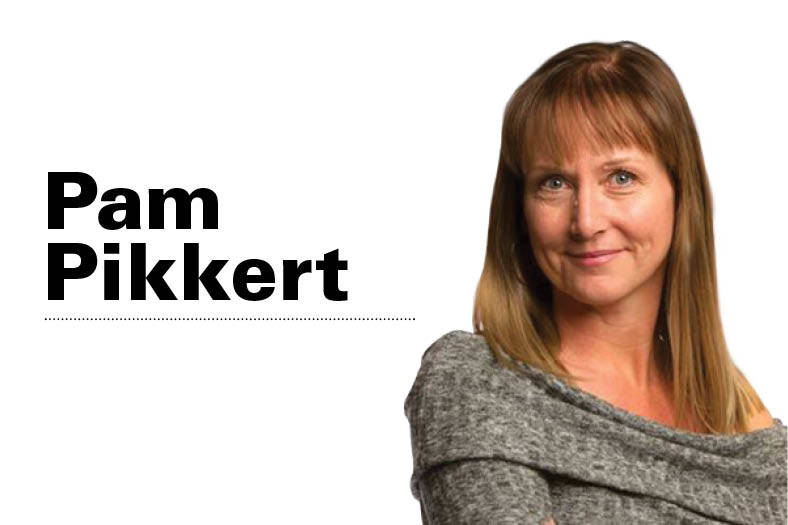A common complaint I hear is that kids really should be taught certain things in school. Things like taxes and credit management and all things financial. With my last child about to graduate high school I can tell you that they are given the basics but the problem is those young minds are being filled with all sorts of things so it is no wonder they forget. This week will be a no-nonsense look at the things I as a mother and mortgage professional and advocate of overall prosperity really wish everyone knew.
1. It is up to you. ‘I didn’t know’ just isn’t valid anymore. There is so much information available online for free and from a variety of sources that ignorance is a choice I’m afraid. Before you accept a credit card offer, a mortgage, choose an investment or savings account, you should look around and make sure you are getting the best possible one.
2. Our banks are well managed institutions but make no mistake, they are a business and the products they sell are savings accounts, lines of credit and mortgages. The people behind the counter and desk have sales quotas to meet and are compensated accordingly. The point here is that we as consumers will spend hours shopping for the best deal on a TV and yet accept without question the advice we are offered within those hallowed halls.
3. You MUST have two types of credit reporting on your credit bureau. Your credit bureau is your financial report card for everything from mortgages, to credit cards to utilities. A low score will cost you un-necessarily. You will pay higher rates on everything and in the long run that will cost you a lot of money. Pay on time every month. Do not exceed 50% of the limits.
4. Savings is easiest when it is a habit and not a choice for when you have the money. When you consider all the professional athletes and celebrities who end up broke it is easy to see that having money is not directly correlated to being wealthy. I have met many minimum wage earners with more in savings than their well-paid executive counterparts. Set your savings as a monthly plan and it will take care of itself.
5. Learn the rule of 72. The “Rule of 72” is a simplified way to determine how long an investment will take to double, given a fixed annual rate of interest. By dividing 72 by the annual rate of return, investors can get a rough estimate of how many years it will take for the initial investment to duplicate itself. This will be a quick way for you to calculate if an investment will help you meet your financial goals. If you choose to leave your funds in a savings account which pays you 2.5% interest as compared to an investment at 8%, you are choosing to wait 28.8 years for that money to double as compared to nine. At the higher rate in the same time frame your investment would have doubled 3.2 times over. That is significant. The younger you are when you start a savings strategy with these facts in mind the better off you will be.
6. Leverage your youth! None of us want to think about dying but it is an inevitable fact of life. The other fact is that insurance is far less expensive the younger you are. Choose to get a comprehensive insurance policy for yourself as soon as you can.
7. Be the squeaky wheel. You can be downright un-Canadian, nicely of course, and negotiate for yourself. Speak up my friends! You can negotiate interest rates on credit cards and mortgages. The fees you pay on your bank accounts. The interest rates you are offered on your savings accounts. It is your money. Keep as much as you can.
8. Educate yourself. Before you choose a financial planner take the time to learn. Discover how the MER and front loading may not be in your best interest. Before choosing a mortgage professional of any sort learn about mortgages. Discover the differences in how penalties are calculated and how the mortgage is registered. Before choosing the lowest rate on auto or home insurance, learn about sewer back up coverage and replacement cost coverage. Before accepting the extras at the car dealership, ask if they are necessary or mandatory. Find the professionals you trust and set yourself up with people invested in your success.
9. Cheaper isn’t always better and get rich quick rarely pans out. Paying less for auto insurance only to discover it doesn’t cover you in case of x after x has occurred is not what you want. A well planned investment strategy will almost always beat the get rich quick and it all takes time so be patient.
10. Set a day each year to review your financial picture. Meet with your team of professionals and make sure you are where you want to be and adjust if you are not.
Life is a participatory event. It is your money which is the vessel to the life you envision for yourself. Money allows you to travel, give to charity, and provide well for your family and loved ones. My hope is that above all you have learned to take the time to question and educate yourself before making any decisions. Asking questions of the person offering you any product is never rude. This article could clearly be an 800-page book were I to address each of these topics fully so now it is up to you. Take the time to learn and remember that it really is ultimately up to you how this whole thing goes.
Pam Pikkert is a mortgage broker with Mortgage Alliance – Regional Mortgage Group in Red Deer.



